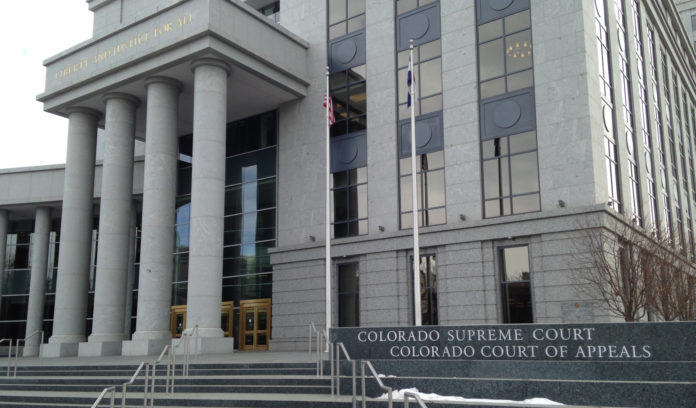
Editor’s Note: Law Week Colorado edits court opinion summaries for style and, when necessary, length.
Al-Hamim v. Star Hearthstone, LLC
Since the use of generative artificial intelligence, or GAI, tools has become widespread, lawyers and self-represented litigants alike have relied on them to draft court filings. Because the most commonly used GAI tools were not designed to create legal documents, a person unfamiliar with the limitations of GAI tools can unwittingly produce text containing fictitious legal citations, known as “hallucinations.”
A division of the Colorado Court of Appeals considered the novel question in Colorado of the appropriate sanction when a self-represented litigant files a brief peppered with hallucinations.
Alim Al-Hamim’s opening brief in this appeal contained hallucinations as well as bona fide legal citations.
Under the facts of this case, the division declined to impose sanctions against the appellant, but it put lawyers and self-represented parties on notice that future filings containing GAI-generated hallucinations may result in sanctions.
D.N.W. was diagnosed with schizoaffective disorder, bipolar type, and has a long history of psychiatric hospitalizations and short- and long-term care certifications. Relevant to this appeal, D.N.W. was certified for long-term care and treatment because she was gravely disabled. The People filed a notice of extension of long-term care and treatment and a motion seeking an order authorizing the involuntary administration of Haldol, lithium, Ativan and Cogentin.
The probate court held a hearing on the motion and heard testimony from D.N.W.’s psychiatrist, Dr. Charles Koransky. He was the only witness at the hearing. Through counsel, D.N.W. waived her presence at the hearing.
After considering testimony from Koransky, the court granted the petition for an extension of treatment and also ordered that the requested medications be administered to D.N.W. against her will.
A division of the Colorado Court of Appeals considered whether a trial court can mandate the involuntary administration of a “backup” medication.
The division concluded that, as a matter of first impression, a trial court may have the authority to permit the involuntary administration of a backup medication, but under very limited circumstances.

